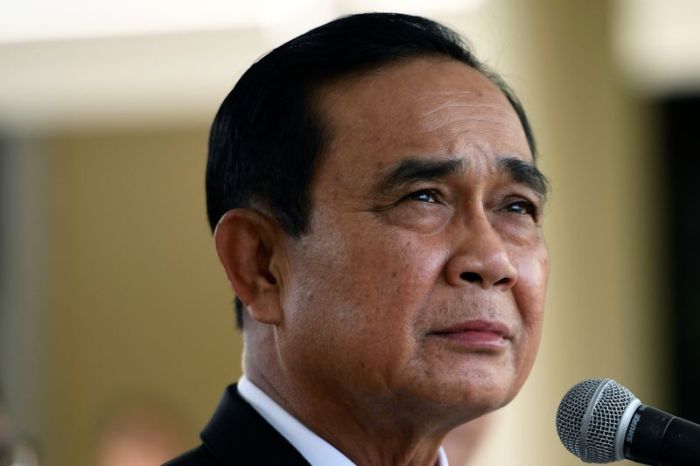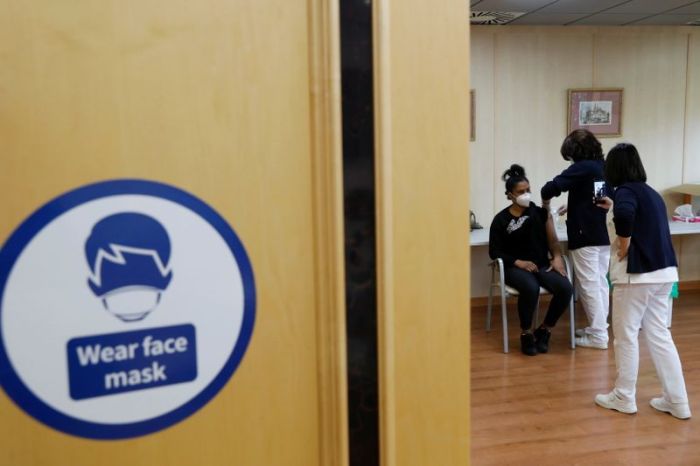SACRAMENTO, Calif. (Reuters) – California surpassed New York on Tuesday as the U.S. state with the most coronavirus deaths, a grim reminder of the pandemic’s toll even as the vaccine rollout and a sharp drop in new cases buoyed hopes of life eventually returning to normal.
More than 45,000 people have died as of late Tuesday from COVID-19 in California, the most populous of the 50 states and one of the hardest hit in recent months. New York, severely stricken in the early stages of pandemic last spring, has reported 44,693 lives lost, according to a Reuters tally. https://graphics.reuters.com/HEALTH-CORONAVIRUS/USA-CALIFORNIA/xegvbwkqwpq
“This is a heart-wrenching reminder that COVID-19 is a deadly virus, and we mourn alongside every Californian who has suffered the tragic loss of a loved one during this pandemic,” Dr Mark Ghaly, the state’s health secretary, said of the milestone in an email to Reuters.
California, home to some 40 million people, emerged as a main U.S. epicenter of the pandemic during a year-end surge of infections and hospitalizations that swept much of the country, pushing many healthcare systems to their limits.
When considered in terms of per capita deaths, California, with 113 deaths per 100,000 people, ranks 32nd in the nation in COVID-19 mortality. By comparison, New York, with 230 deaths per 100,000, ranks second only to New Jersey, which has logged about 248 coronavirus deaths per 100,000 residents.
Nationwide, the daily tallies of new cases and hospitalizations from COVID-19 have been dropping steadily in recent weeks, while deaths, a lagging indicator, have plateaued.
The United States as a whole has reported 27.25 million infections and 468,559 deaths, as of late Tuesday. Just over 79,000 U.S. patients were hospitalized with COVID-19 on Tuesday, the lowest daily number since mid-November.
But in California, as in other states, the improvement obscures a march of illness, hospitalizations and deaths, which remain far higher than they were at the pandemic’s previous peak last summer.
The number of lives lost reported daily in the state has declined over the past several weeks, but remains “remarkably” high at an average of 500 fatalities per day over the past 14 days, Governor Gavin Newsom told a news conference.
“Deaths continue to be devastating,” Newsom said, speaking at the opening of a vaccination site at Levi’s Stadium in Santa Clara County near San Francisco.
Public health experts fear that gatherings for Super Bowl celebrations on Sunday, as well as the arrival of new, highly contagious variants of the virus may lead to another surge in cases before most Americans are vaccinated.
In an effort to speed up the immunization campaign being counted on to halt the pandemic, President Joe Biden on Tuesday announced that his administration planned to increase the number of vaccine doses shipped to the states, beginning on Feb. 15.
Part of the expanded supply will be sent to community health centers in an effort to improve vaccine access for the mostly poor and minority populations those centers serve, the White House said on Tuesday.
By Tuesday, about 33 million Americans had received at least one dose of vaccine to fight the coronavirus, the U.S. Centers for Disease Control and Prevention (CDC) reported.
“This vaccine is the weapon that will win this war,” New York Governor Andrew Cuomo said at a news briefing on Tuesday. Ten percent of New York state residents have received the vaccine, he said.
(This story corrects two numbers that were reversed in paragraph five, to show that New Jersey had 248 deaths per 100,000 and New York had 230 per 100,000.)
(Reporting by Sharon Bernstein in Sacramento, California and Lisa Shumaker in Chicago; additional reporting by Anurag Maan and Roshan Abraham in Bengaluru; Editing by Jonathan Oatis, Robert Birsel, Peter Graff)






















